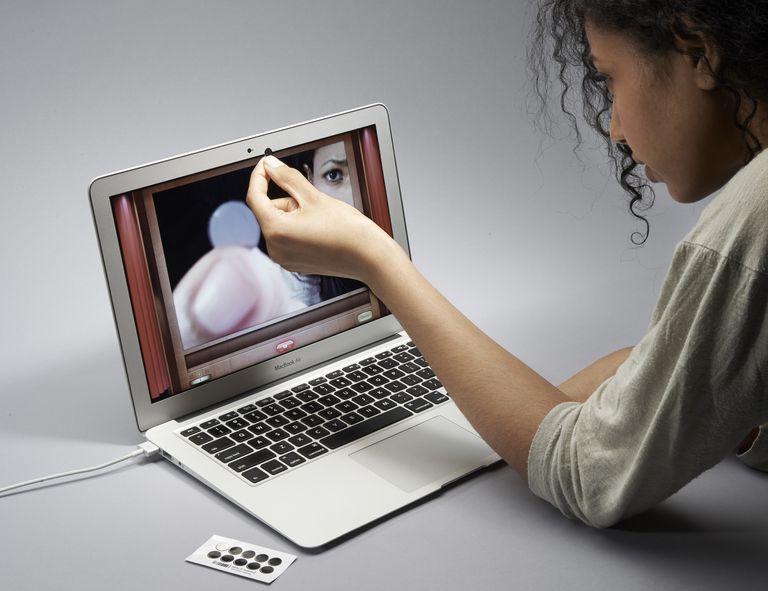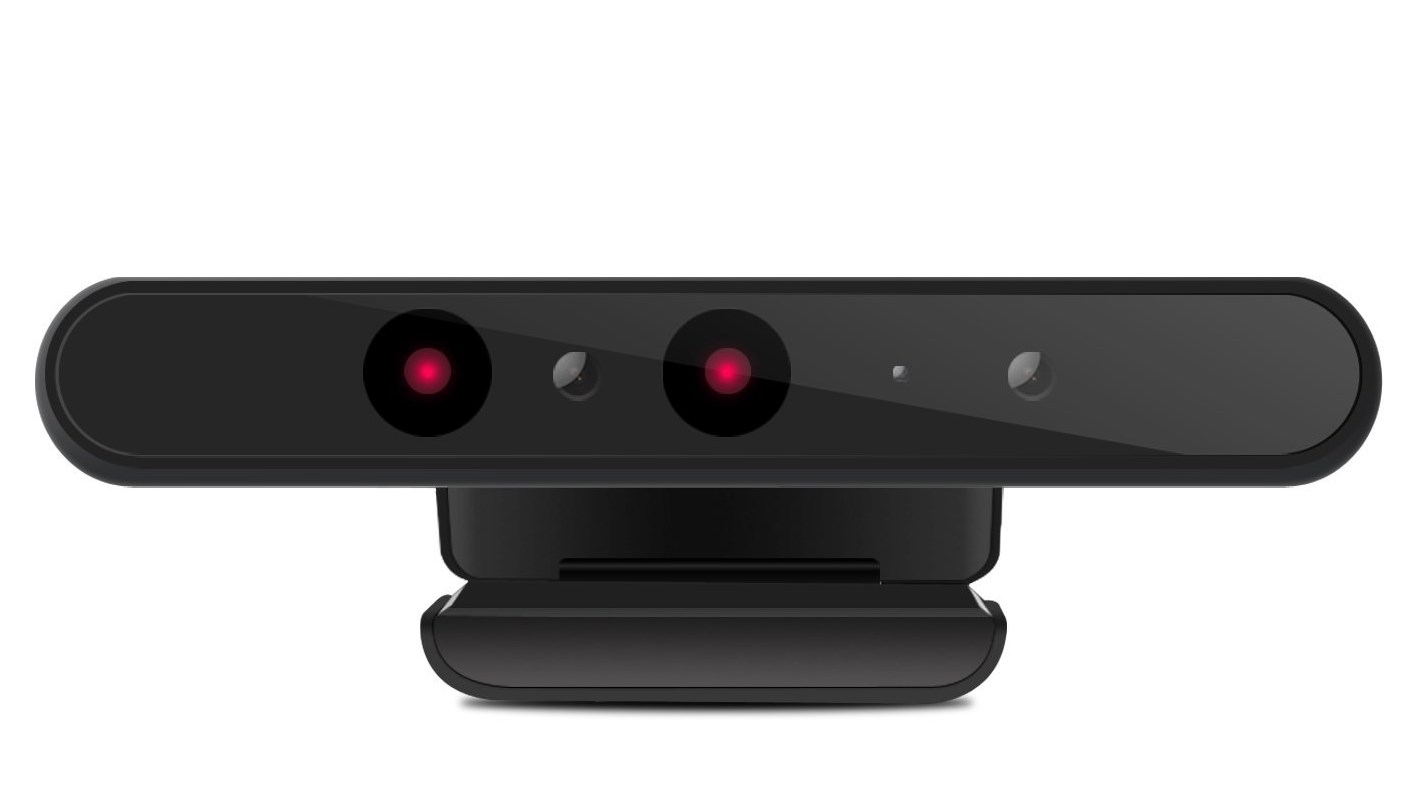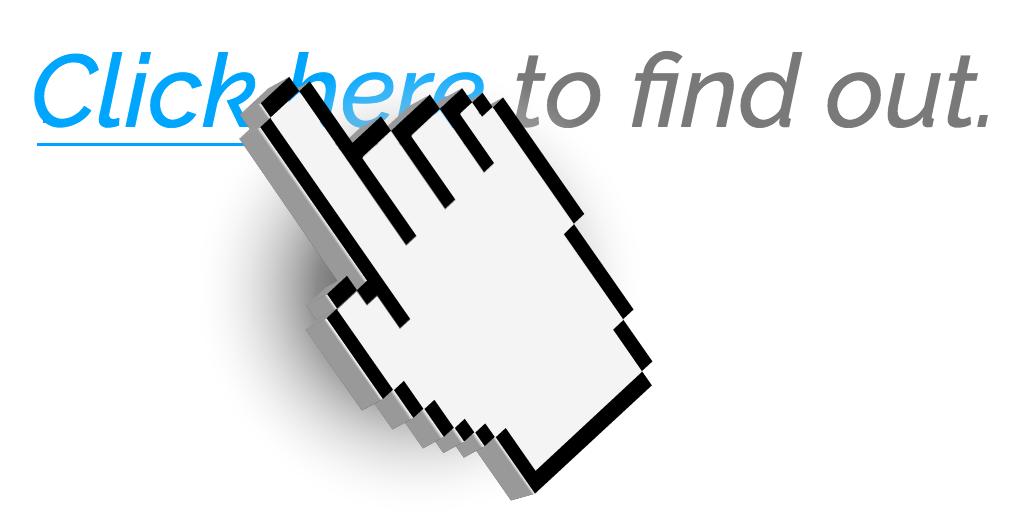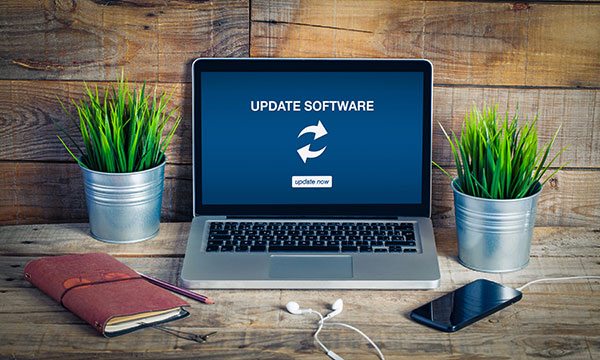From smartphones and tablets to notebook PCs, webcam seem to be standard equipment these days. Just about every device we use has a camera on it. Did you ever stop to think that while you"re staring at your screen, someone on the Internet might be staring back at you?
https://twitter.com/Slate/status/746484463543197696
How can you be sure that no one is watching you without your permission?
Many webcams on notebook computers have indicator lights on them that let you know when your camera is actively capturing video.
t may be possible (on some cameras) to disable the activity light through software hacks or modifying configuration settings. So, just because you don"t see an activity light on doesn"t mean that your webcam isn"t still capturing video.
What can you do to secure your webcam?
The Simple Solution: Cover It Up

Sometimes the simplest solutions are the best ones. If you want to be absolutely sure that no one is watching you through your webcam, get some electrical tape and cover it. If you don"t want any tape residue on your camera then you can use a longer strip of tape and fold it back on itself. Not even the best hacker in the world can defeat electrical tape.
If you want to get a little more sophisticated, you can roll up a coin in the electrical tape so that the weight of the coin helps the tape stay positioned over the camera. When you want to use the camera, just lift the coin up and fold it back over the top of your computer screen.
The LED light means nothing

Most of us tend to depend on the LED light (green or red) to show us that the webcam is working and recording. It has been proven that hackers can now turn this light off remotely leaving you completely unaware of when the cam turns on. Most people also leave their laptops open or half-shut when they"re not using it - opening up our lives to cybercrime without our knowledge.
Use a sticky note to cover the webcam.
Don"t click that link

This is an almost cliched warning, yet people fall in the trap of bogus links disguised as promotion emails or even work emails from seemingly legitimate sources. When you click a phishing link, it downloads a program on to your laptop which allows remote access to your webcam and audio equipment.
Check every email address and if possible, contact the sender separately to find if the email with links was sent by the person intentionally.
Update your software

Trial versions and outdated software are susceptible to internet hackers and upgrades can help keep them at bay.
Use separate user accounts

Some tech geeks recommend using separate user accounts - one as an admin account solely for software installations, upgrades and malware checks and the other for usual activity and no software edit permissions. This is just an additional level of security that can be set up easily.
Tape over webcams of your phablets/tablets

Just like laptops, mobile devices are also susceptible to camera hacking. A simple sticker tape can give you a feeling of security while also reminding you to be vigilant every time you"re online.
Did you know? Electronic Frontier Foundation (EFF) sells specially designed sticker tape sets for webcams
Switch that Bluetooth off

Keep Bluetooth connectivity on your mobile devices off before and after you"ve used it.
No comments:
Post a Comment